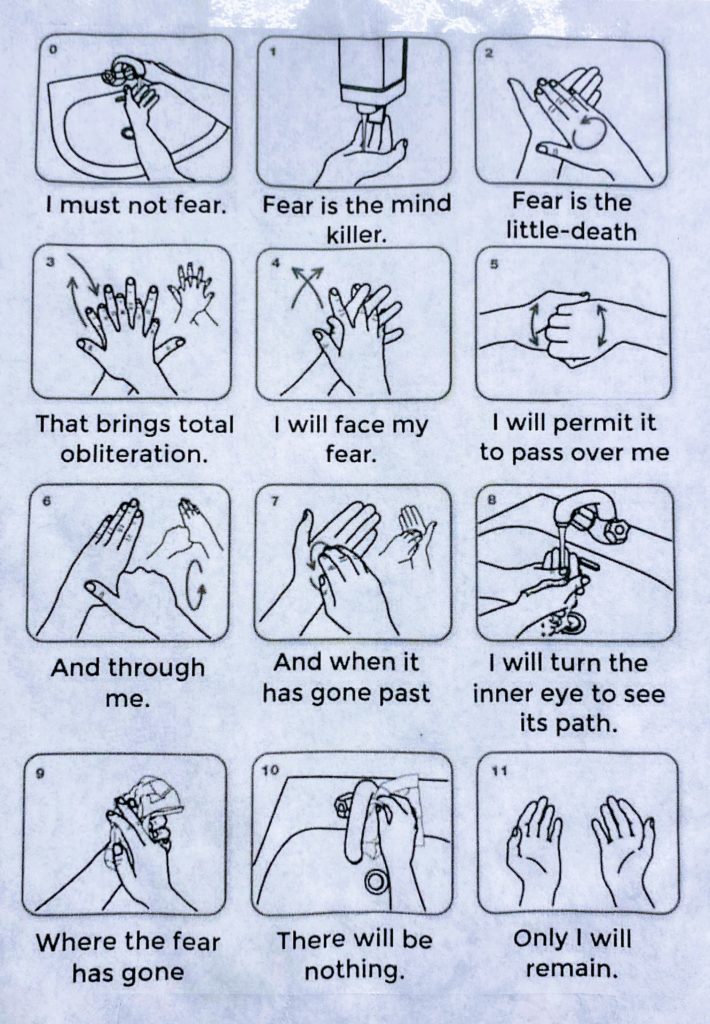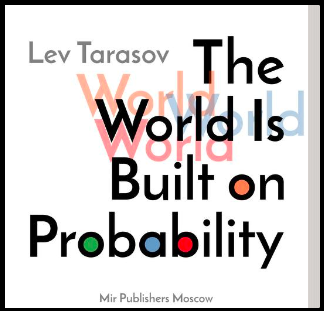
https://www.histarmar.com.ar/Antartida/Base-Hitler/LaBaseAntarticadeHitler.pdf
ABSTRACT. In January-February 1939, a secret German expedition visited Dronning (or Queen) Maud Land, Antarctica, apparently with the intention inter alia of establishing a base there.
Between 1943 and 1945 the British launched a secret wartime Antarctic operation, code-named Tabarin. Men from the Special Air Services Regiment (SAS), Britain’s covert forces for operating behind the lines, appeared to be involved. In July and August 1945, after the German surrender, two U-boats arrived in Argentina. Had they been to Antarctica to land Nazi treasure or officials?
In the southern summer of 1946–1947, the US Navy appeared to ‘invade’ Antarctica using a large force. The operation, code-named Highjump, was classified confidential. In 1958, three nuclear weapons were exploded in the region, as part of another classified US operation, code-named Argus.
https://en.wikipedia.org/wiki/Operation_Argus











